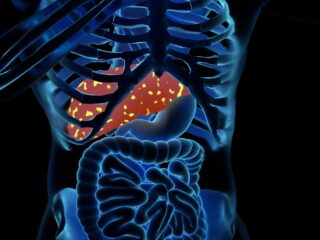The Importance of Vitamin B1
Vitamin B1, also known as thiamine, plays a crucial role in our overall health. It is essential for energy metabolism, helping our bodies convert food into energy. Thiamine is also vital for proper nerve function, supporting the communication between our brain and other parts of the body.
Incorporating Thiamine-Rich Foods into Your Diet
To ensure an adequate intake of vitamin B1, it’s important to incorporate thiamine-rich foods into your daily diet. Here are ten food sources that can help boost your B1 levels:
Whole Grains
Opt for whole grains like brown rice, quinoa, and whole wheat bread. These not only provide a good amount of fiber but also contribute to your B1 intake.
Legumes
Beans, lentils, and peas are excellent plant-based sources of thiamine. They are not only rich in B1 but also offer a good amount of protein and fiber.
Nuts and Seeds
Incorporate nuts and seeds into your diet to boost your vitamin B1 levels. Sunflower seeds, pine nuts, and macadamia nuts are particularly rich in thiamine.
Fortified Foods
Some cereals and nutritional yeast are fortified with B vitamins, including B1. Check the labels and choose fortified options to increase your thiamine intake.
Fish
Tuna, trout, and mackerel offer a healthy dose of thiamine along with omega-3 fatty acids. Including these fish in your diet provides multiple health benefits.
Lean Meats
Chicken and turkey, especially the lean parts, are not only a good source of protein but also contribute to your B1 intake.
Eggs
Eggs, both the yolk and the white, contain thiamine. They are a versatile source of B1 and can be incorporated into various dishes.
Vegetables
Include vegetables like asparagus, spinach, and Brussels sprouts in your meals. These vegetables provide vitamin B1 along with other essential nutrients.
Dairy
Milk, yogurt, and cheese contain thiamine, contributing to your overall B-vitamin intake. Incorporating dairy products into your diet helps ensure a well-rounded approach to meeting your body’s vitamin B1 requirements.
Conclusion
Ensuring an adequate intake of vitamin B1 is important for maintaining optimal health. By incorporating these thiamine-rich foods into your diet, you can boost your B1 levels and support energy metabolism and nerve function. Remember to choose a variety of foods from different sources to ensure a well-rounded intake of essential nutrients.



